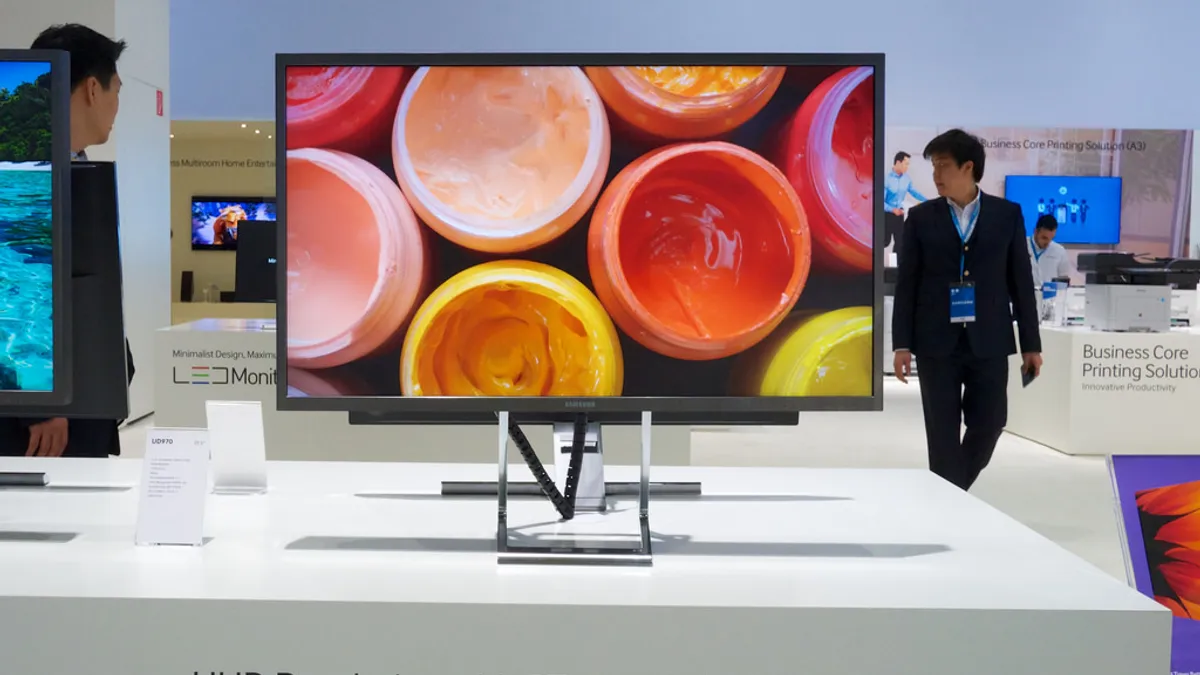Dive Brief:
-
Smart TV maker Vizio agreed to pay $2.2 million to settle charges by the Federal Trade Commission (FTC) and the Office of the New Jersey Attorney General after it installed software on its TVs and collected data on 11 million consumers without their knowledge or consent, according to an FTC announcement.
-
The resulting court order requires Vizio to "prominently disclose and obtain affirmative express consent" for data collection and sharing practices. It also requires the company to delete any data collected it before March 1, 2016.
-
The FTC’s complaint alleges Vizio and a partner began capturing data from smart TVs — including information about video displayed on the smart TV as well as demographic information — starting in February 2014. Vizo allegedly sold the data to third parties for marketing purposes, according to the complaint.
Dive Insight:
Collecting data without consent is a violation of the FTC Act and consumer protection laws. The Vizio case is an expensive reminder that companies must let customers know when they collect any data on them, or risk substantial fines.
The FTC's chief role is to protect consumers, whether that's data malpractice or cybersecurity shortcomings. As technology providers have taken liberties with how they acquire data on customers, the FTC has stepped up its role.
The FTC is also the agency tasked with enforcing consumer protections when it comes to data breaches and cybersecurity concerns, making it the enforcer of consumer privacy as well. Some have complained that the FTC is overstepping its bounds in acting as the government’s chief cybersecurity enforcer and have challenged the agency’s authority to police cybersecurity shortcomings.













